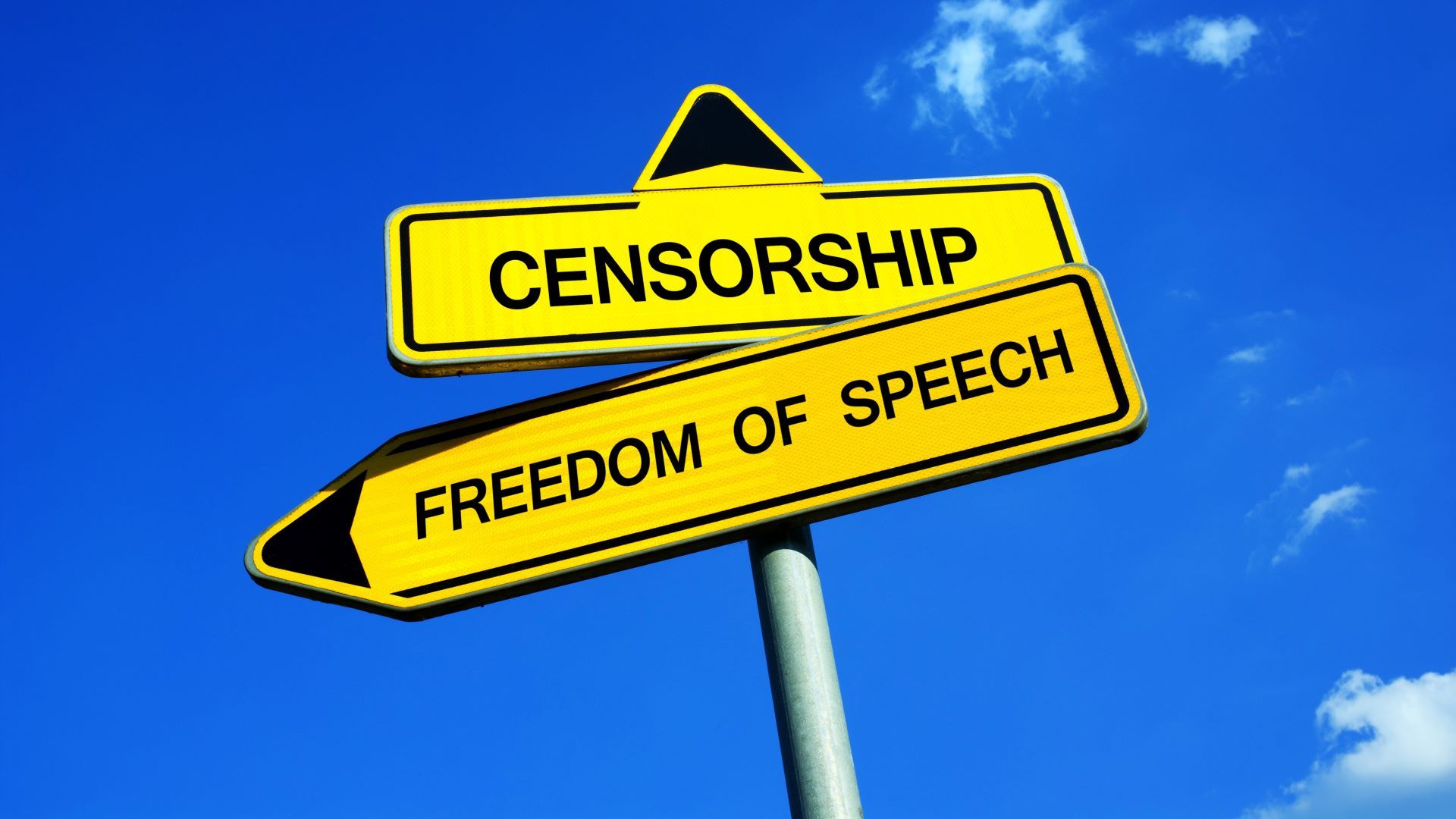Despite the efforts of several governments, including the French, the Italian, the Swedish and the Greek ones, to undermine Journalistic freedom from spyware the new European Act on Freedom of the Media appears to expand a regime of freedom, transparency and pluralism for the News Media.
The European Parliament and Council have agreed on the EU Media Freedom Act. The act aims to protect the media sector and journalists across the EU from political influence and financial pressure. The hot issue after the Pegasus and Preadot scandals against Journalists is the use of spyware. The European Commission initially introduced an exemption for the use of spyware when investigating specific crimes, such as terrorism and human trafficking. However, EU member states, led by France, pushed for a broader exception in the interest of national security at large, including a use against Journalists.
Eventually, negotiators agreed on new language stating that the article should 'respect' the countries' responsibilities as outlined in the treaties. This led to an initial agreement between the political bodies (EU Council-EU Parliament), although national governments need still to fully agree. The Media Act sets out clearer principles and safeguards for media independence, focusing on countering media concentration and ensuring the independence of newsrooms. The EMFA introduces requirements of transparency over ownership and funding, including public media, and it requires checks on mergers and it sets up a new European watchdog to oversee these merges. Following demands of Journalist Associations and media freedom watchdogs the Act includes the following provisions:
-
Journalists will be offered greater protection, especially when investigating issues of public interest.
-
Whistleblowers will enjoy enhanced legal protections when revealing information of public concern.
-
Financial support will be available for media outlets in case of litigation against strategic lawsuits against public participation (SLAPPs).
-
Prior notification will be required for any big changes in media ownership or control to assess the impact on pluralism.
Most importantly, abiding by the foundational treaties of the EU, governments are expected not to invoke "national security" to limit the right to information through spyware. Establishing common minimum standards the EU aims to curb growing threats to press freedom in some member states after the revelation of the Phegasus and Predator spyware scandals.
According to the EMFA independent regulators should increase transparency around media ownership and the concentration of power. In addition, it removes the impunity of major platforms and their ability to censor journalistic content at will.
The Council and the Parliament must endorse today's provisional agreement once the text has been finalised at a technical level. Both institutions will formally adopt it in the spring of 2024.
The full implementation will rely on political will in each EU country since there are governments that still raise concerns over national security such as Hungary and Poland, but the transparency requirements are expected to empower citizens. Once approved, it will form an important new safeguard for media as a pillar of democracy in the digital era.
Criticism raises concerns about its potentially negative impact on smaller providers and its content moderation provisions. The law has been the result of negotiations between the European Parliament, the EU Council representing national governments, and the European Commission and it is seen as a significant step in bolstering media pluralism in the EU








